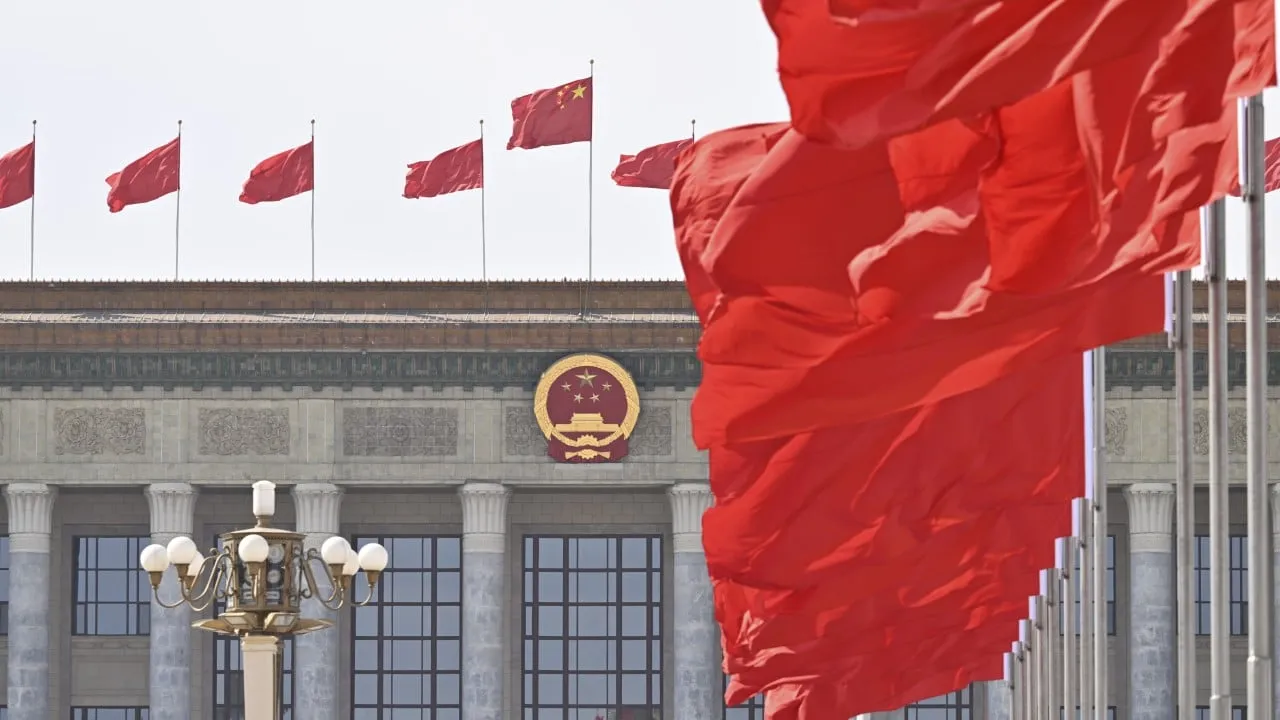China Debt Management: Key Session on Local Debt Swaps and Economic Recovery

China's Key Legislative Session on Debt Swaps
China's National People's Congress Standing Committee has commenced its weeklong session with a primary focus on a proposal for local debt swaps, highlighted by Finance Minister Lan Foan. This move is seen as a critical step to reduce fiscal risks and reinvigorate the national economy.
Expected Impact on China’s Economy
- Debt Swap Proposal: Increase local government debt quota for swapping implicit liabilities.
- Fiscal Stimulus Package: Analysts project a potential scale of between 2 trillion yuan (US$280.76 billion) to over 10 trillion yuan.
- Watchful Markets: Financial markets are closely monitoring these developments.
Background on Local Debt Swaps
First introduced in 2015, local debt swaps allow local governments to exchange high-risk assets for low-interest bonds, enhancing transparency. As of September's end, budgeted local liabilities reached 44.7 trillion yuan. However, the total of China’s hidden debt remains largely unreported, often accumulating in the trillions of yuan.
This article was prepared using information from open sources in accordance with the principles of Ethical Policy. The editorial team is not responsible for absolute accuracy, as it relies on data from the sources referenced.